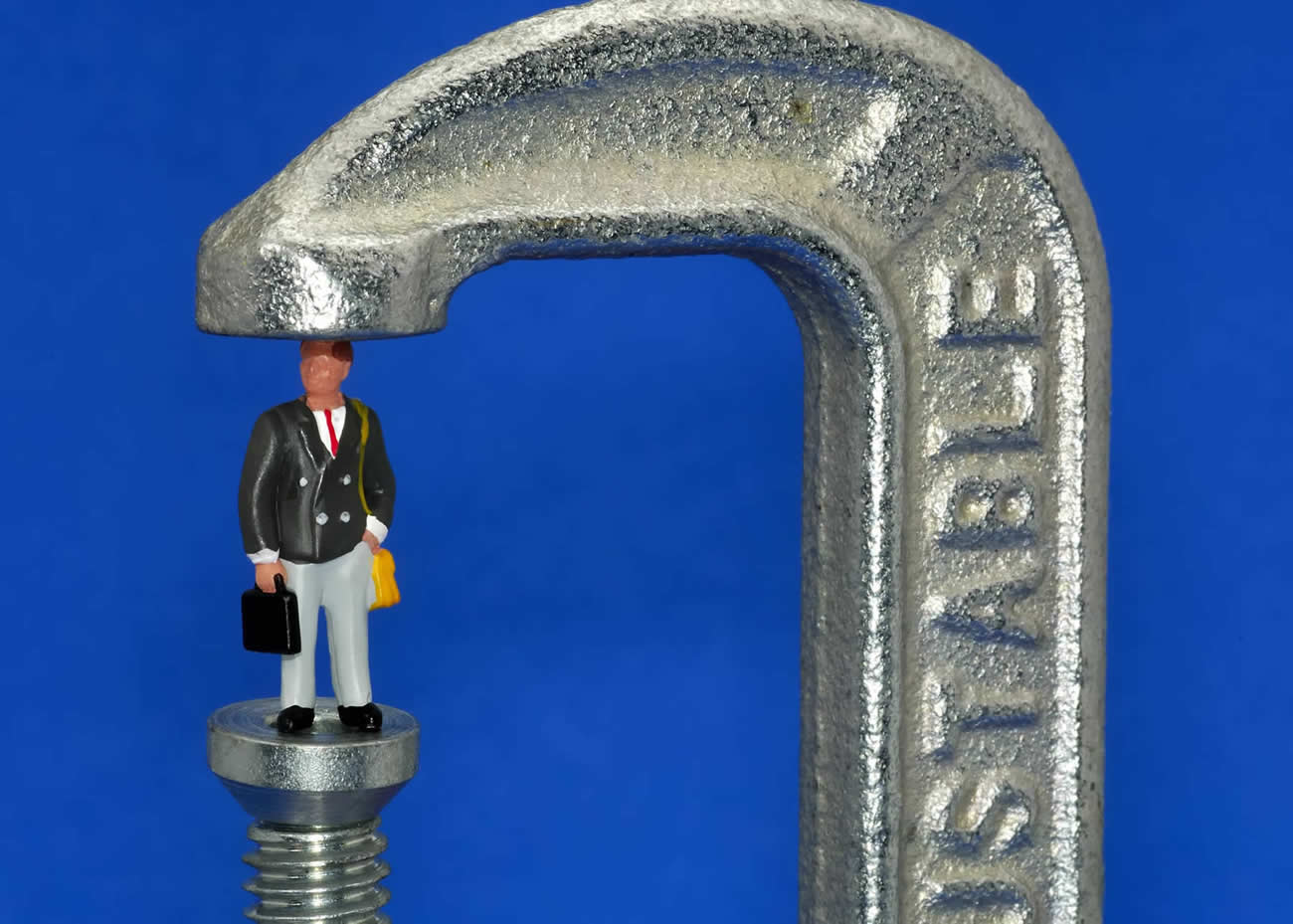Is Pressure the Enemy of Success?

Well, the new book "Performing Under Pressure" by H. Weisinger and J.P. Pawliw-Fry effectively debunks that myth. The authors' research concludes that pressure undermines our performance and should be regarded as an enemy of success. Seldom if ever do we deliver our best under pressure. We may get more stuff done..but it's not our best work. Specifically, pressure adversely impacts our mental processes, downgrades our behavioral skills and causes us to perform below our capabilities.
How then can we reduce the strangling impact of pressure to deliver our best wherever we are, whether it's on the golf links, dealing with a workplace accident or presenting in the board room? As leaders, how can we diffuse the pressure generated in many organizational systems such as incentives and employee ranking? These may have been put in place to be motivational but are actually pressure traps that reduce performance, stimulate unintended consequences like cheating and absenteeism.
Surely pressure management can be regarded as an underutilized strategy as we seek to unleash our full potential. What have you found effective in minimizing the pressure situations that you're called to deal with? How have you helped reduce pressure filled situations for others?
Please allow me to share some ideas that these researchers have found helpful in equipping us to better handle pressure situations:
- See them as a personal challenge; this allows enthusiasm to replace anxiety and fear.
- Under-exaggerate the significance: Counteract pressure situations by reflecting on what's truly "most important", which allows you to maintain focus and composure.
- Stay clear on what you're trying to accomplish. This keeps you anchored in the moment.
- Plan for the unexpected; have answers for the "What if's"
- Recognize that you are worthy and capable; acknowledge your experience, knowledge and skills (An opportunity for us as parents and leaders)
- Recall previous success: Flash back to previous successes and build confidence.( Hopefully have experience with something similar in scenario planning.)
- Stay positive. Use encouraging, confidence-building language to yourself and others.
- Focus on what you can control. Avoid factors that you don't control.
- Meditate
- Slow down. This gets smarter results. Not everything is urgent.
- Share your anxiety. The act of expressing feelings in journal, to a tape recorder, to a friend reduces anxiety
If you're looking for hero's who have nerves of steel and are oblivious to pressure seems like they can only be found in Hollywood.
Topics:
Health & Safety
Leadership & Careers
Related
About the Author

Alex Pollock
Alex Pollock has been studying leadership effectiveness for more than 30 years. A former leader in environment, health and safety, and public affairs at The Dow Chemical Co., he learned that we all have leadership roles to play. He enjoys discussing new ideas and sharing practical ways we can all become better leaders.

